The Power of Imaginative Play
ImaginativePlay Benefits: Why Kids Need It and How to Promote It
Imagination play, or pretend or creative play, is a vital part of childhood and has many benefits. When children engage in make-believe scenarios, take on exciting roles, and experiment with unique storylines, they reap tremendous developmental benefits. Whether it’s a simple game of house or an elaborate adventure with costumes and props, imagination play hones essential cognitive, social-emotional, and communication skills. We have written a lot about play types and the importance of learning through play before. This post will focus on the importance of Imagination Play.
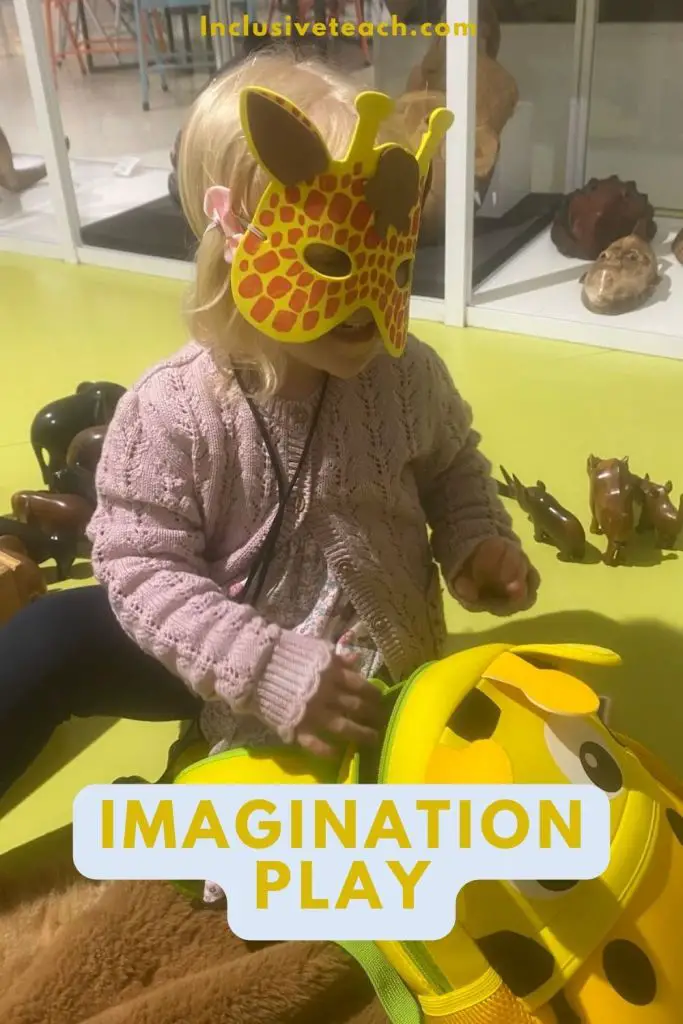
What Exactly is Imagination Play?
Imagination play or imaginative play refers to pretend and make-believe activities with invented roles, props, and narratives. This type of play is led by a child’s creativity, rather than following structured rules. It is different from unstructured play as you design the child’s activities. Common imagination play activities include:
- Dress up play taking on pretend roles by wearing costumes like superhero capes or princess dresses. Accessories like hats, jewellery and props bring the play to life.
- Role play Acting out scenarios from real-life experiences like teacher, doctor or firefighter. Role play helps kids process the world.
- Make-believe with toys Dolls, action figures, blocks, play kitchens and more can spark limitless creative storylines and is great for independent play.
- Drama and performance Putting on shows and performances with siblings or friends.
During imagination play, children construct their worlds untethered to reality. They direct the scenes as characters navigate rich storylines of adventure, drama and creativity. Rather than toys or games dictating the play, a child’s ingenuity takes the lead.
Imagination Play Benefits
Cognitive Development Benefits
Imaginative play builds key cognitive capacities like problem solving, planning, mental flexibility and focus:
- Problem-solving Kids learn to think on their feet, improvise storylines and collaborate to bring exciting ideas to life.
- Planning Children plan out roles, gather props, coordinate with friends, and figure out how to bring the play to life.
- Mental flexibility Pretend play involves imagining new possibilities, pivoting storylines in novel directions, and seeing things from different perspectives.
- Focus Maintaining the character and following rich narratives strengthens concentration, memory and attention skills.
Imaginative Play for Communication Skill Development
The language and self-expression opportunities imagination play provides are immense:
- Vocabulary Role-playing diverse characters expands vocabulary as kids experiment with words and phrases for different ages, accents and personalities.
- Fluency Conversation with friends or executing monologues as a character provides valuable practice in expressing oneself.
- Self-expression Taking on pretend personas allows children to safely project emotions and work through feelings.
- Storytelling Creating elaborate play narratives gives kids chances to use description, sequence events, and practice articulating and sharing stories.
Social-Emotional Growth
Make-believe facilitates social expertise and emotional intelligence:
- Cooperation Agreeing on storylines with friends requires compromise, turn-taking, and teamwork.
- Empathy Acting out others’ experiences helps children understand different points of view and feelings.
- Emotion regulation Following the “rules” of pretend play teaches kids to manage impulses and emotions.
- Social skills Leadership, listening, sharing, problem-solving and collaboration are exercised during group play.
- Confidence Leading dramatic scenarios boosts self-confidence and self-awareness.
18 Ways Parents Can Nurture Imagination Play at Home
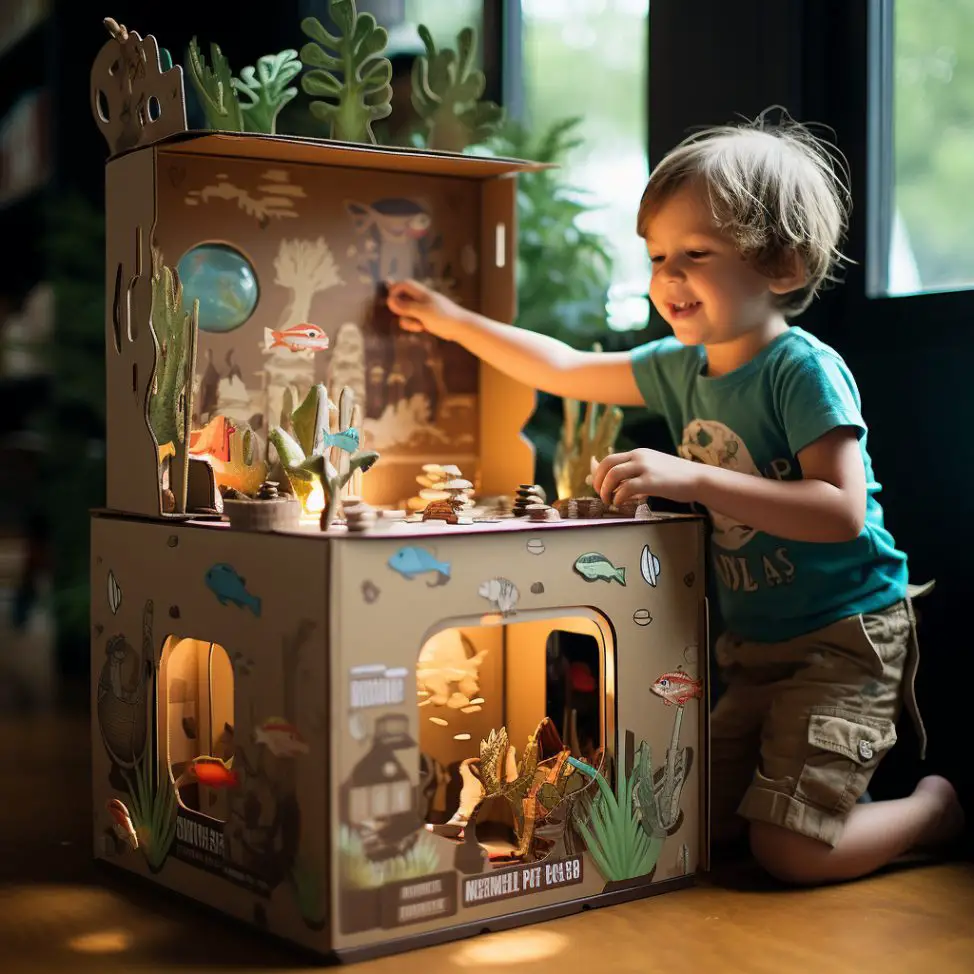
Imagination starts in the home. Here are 18 tips for parents to ignite pretend play, Check out this post from Learning4kids.net for more ideas for imaginative play:
- Set up dressing areas with costumes, child-sized accessories, and props like instruments, microphones or toolkits. Rotate materials to keep the area fresh.
- Provide toys with open-ended play potential like blocks, dolls, play kitchens, cars, and figurines to spur creativity.
- Schedule unstructured free time each day for make-believe without screens or adult-driven activities.
- Model pretending yourself, like having a tea party with your child’s stuffed animals or using a banana as a phone. Then participate in their play when invited.
- Ask your child open-ended questions about their creations and make-believe scenarios.
- Refrain from overly directing the play – don’t feel the need to say anything you can even slowly step back to encourage independent play.
- Praise your child’s creativity and imaginative ideas. Display their artwork and give them tools to create props.
- Set up an inviting play space with room for large imaginative scenes. Use furniture, blankets, and cardboard boxes to designate areas.
- Provide recyclables and art supplies like cardboard boxes, glue, paint, tape, scarves and pom poms for kids to build.
- Incorporate flashlights, night lights or string lights to stage imaginative nighttime scenes with shadows and lighting effects.
- Play unusual music and read storybooks aloud to ignite ideas for fantasy worlds.
- Suggest new pretend play ideas based on kids’ interests like a zoo, museum, rocket ship or restaurant.
- Narrate your child’s play out loud to model storytelling techniques.
- Display your child’s art and praise their ideas to build creative confidence.
- Rotate pretend play materials monthly so there’s always a novelty.
- Set aside a small budget for picking up pretend play items at charity shops each month.
- Join your child’s pretend play scenario once in a while, taking on a role when they invite you.
Bringing Imaginative Play into the Classroom
Teachers can also integrate imagination play into learning:
- Incorporate role-playing, improvisation, puppet shows, and theatre into the curriculum. Have kids act out stories or historical events.
- Set up areas with dress-up clothes and props for imaginative play during free time. Rotate materials to keep them engaging.
- Use pretend scenarios for teachable moments on cooperation, problem-solving conflicts, sharing diverse perspectives, and understanding emotions.
- Allow students’ play to guide lessons and steer them in new directions based on their interests and creativity.
- Develop skills by modelling pretend play with puppets or costumes during read-aloud sessions and story time. Have students join in when ready.
Though often overlooked, imagination play is a vital component of healthy growth and learning. When kids direct their pretend scenarios, they build creativity, perspective-taking, problem-solving, social skills, vocabulary, and much more. Make time for your child’s imagination to flourish!
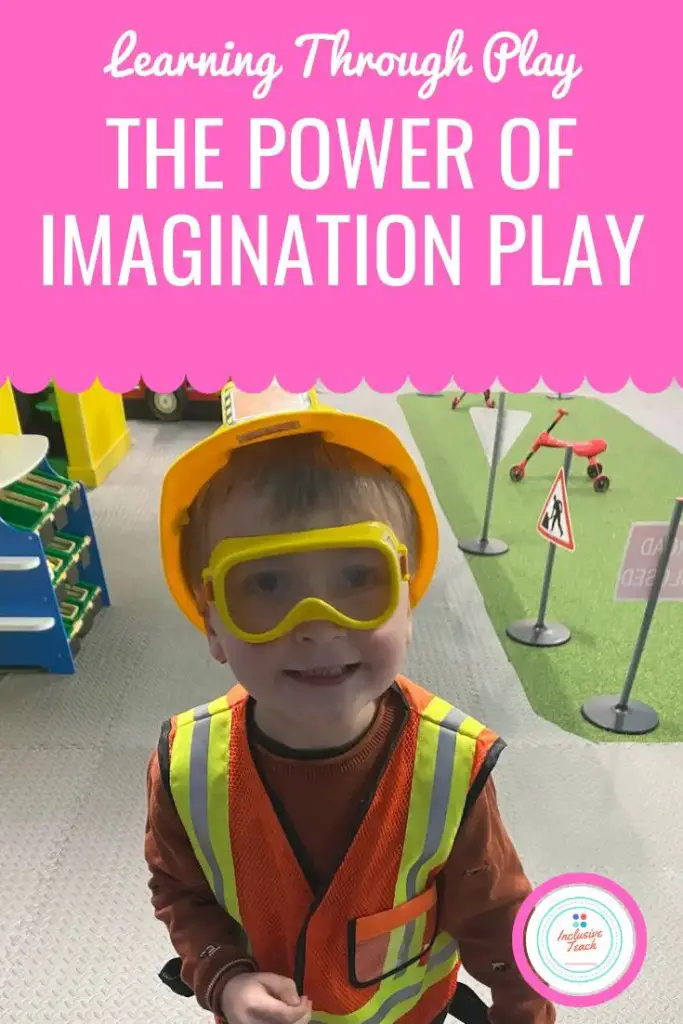

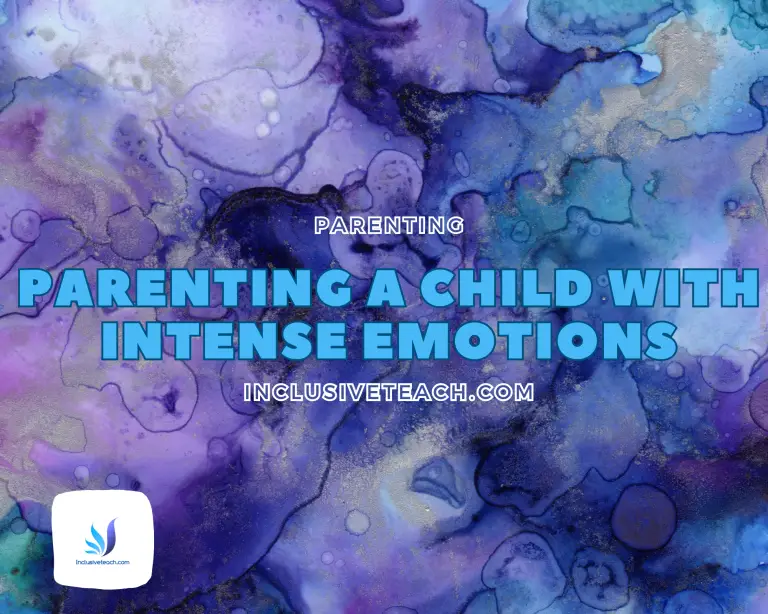
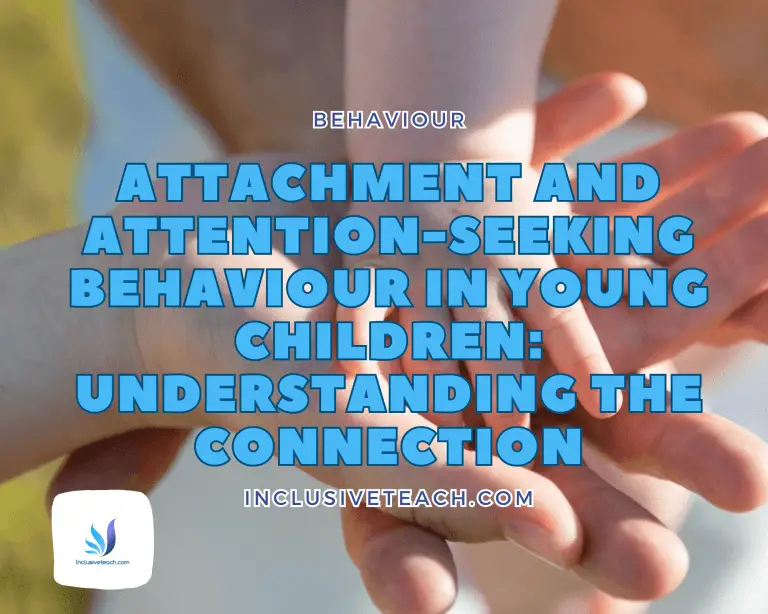
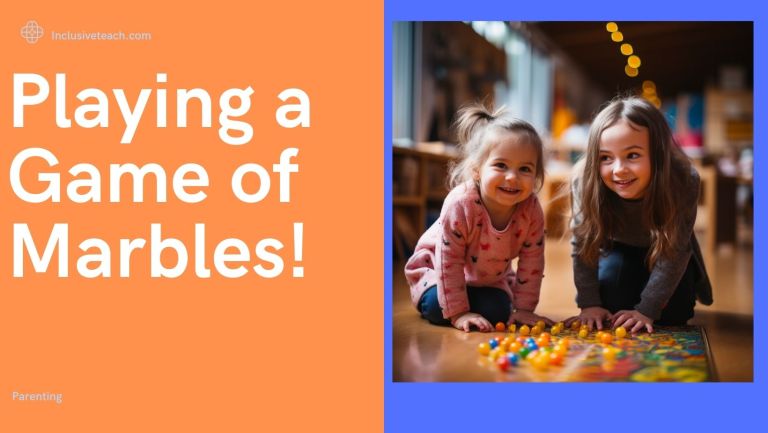

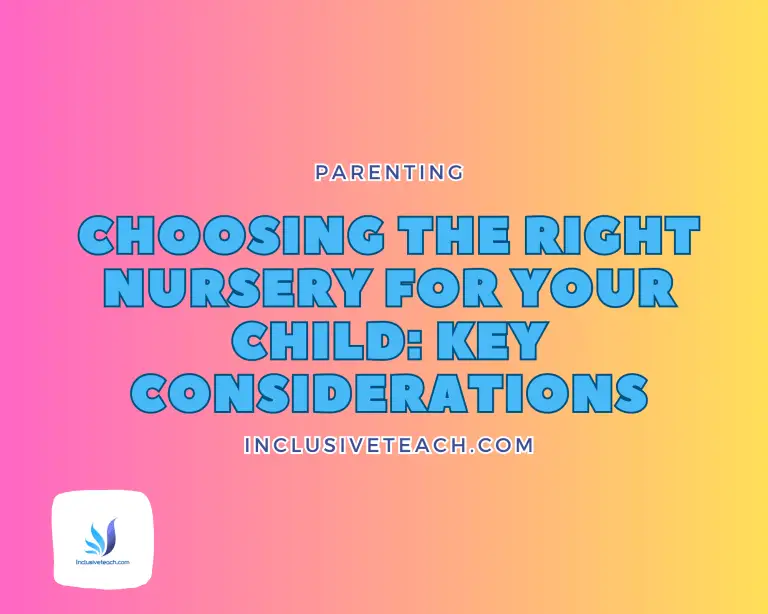
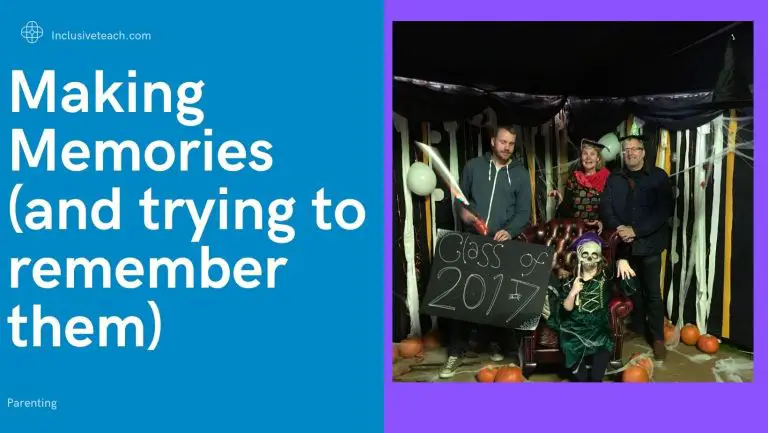
3 Comments